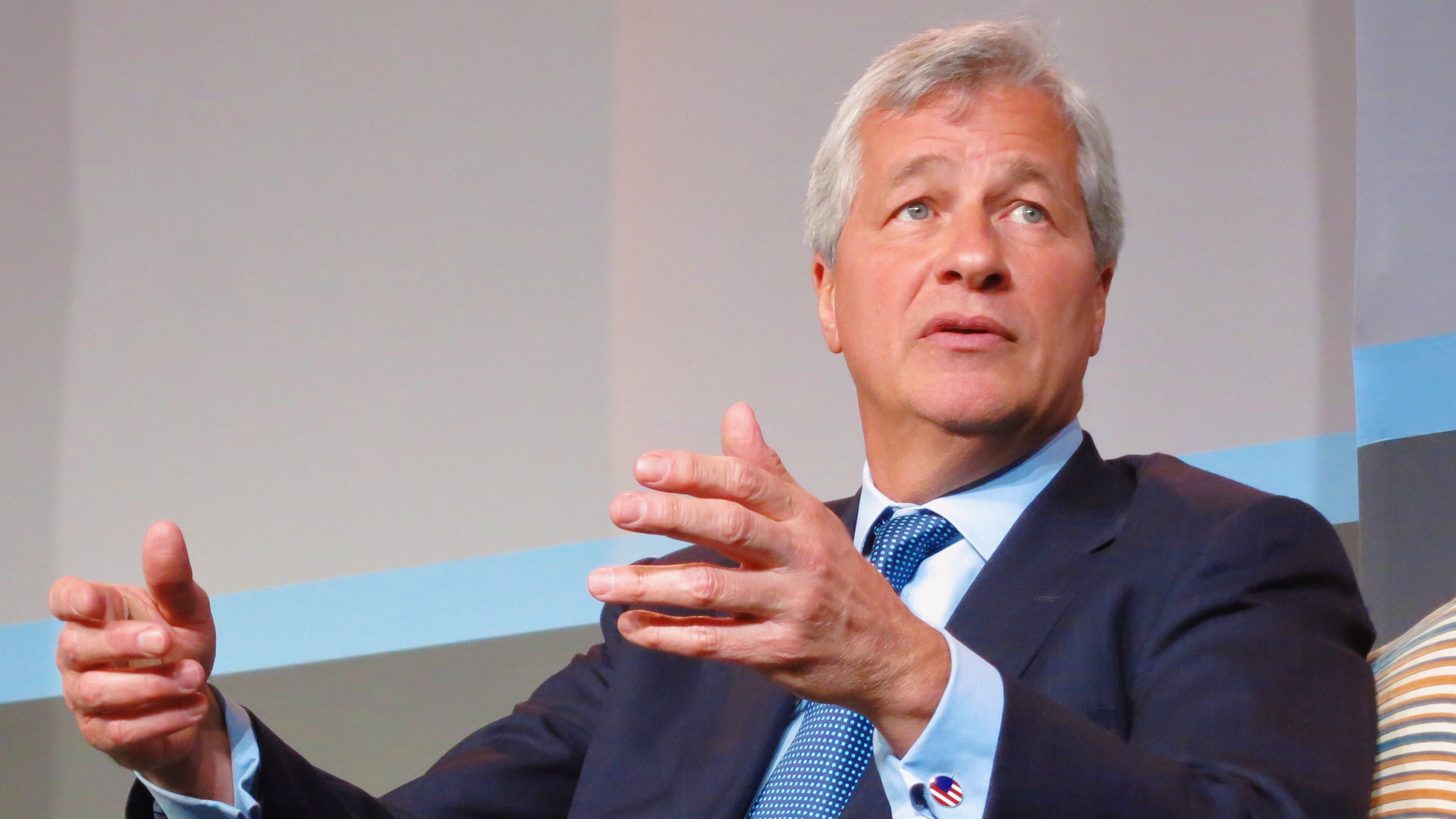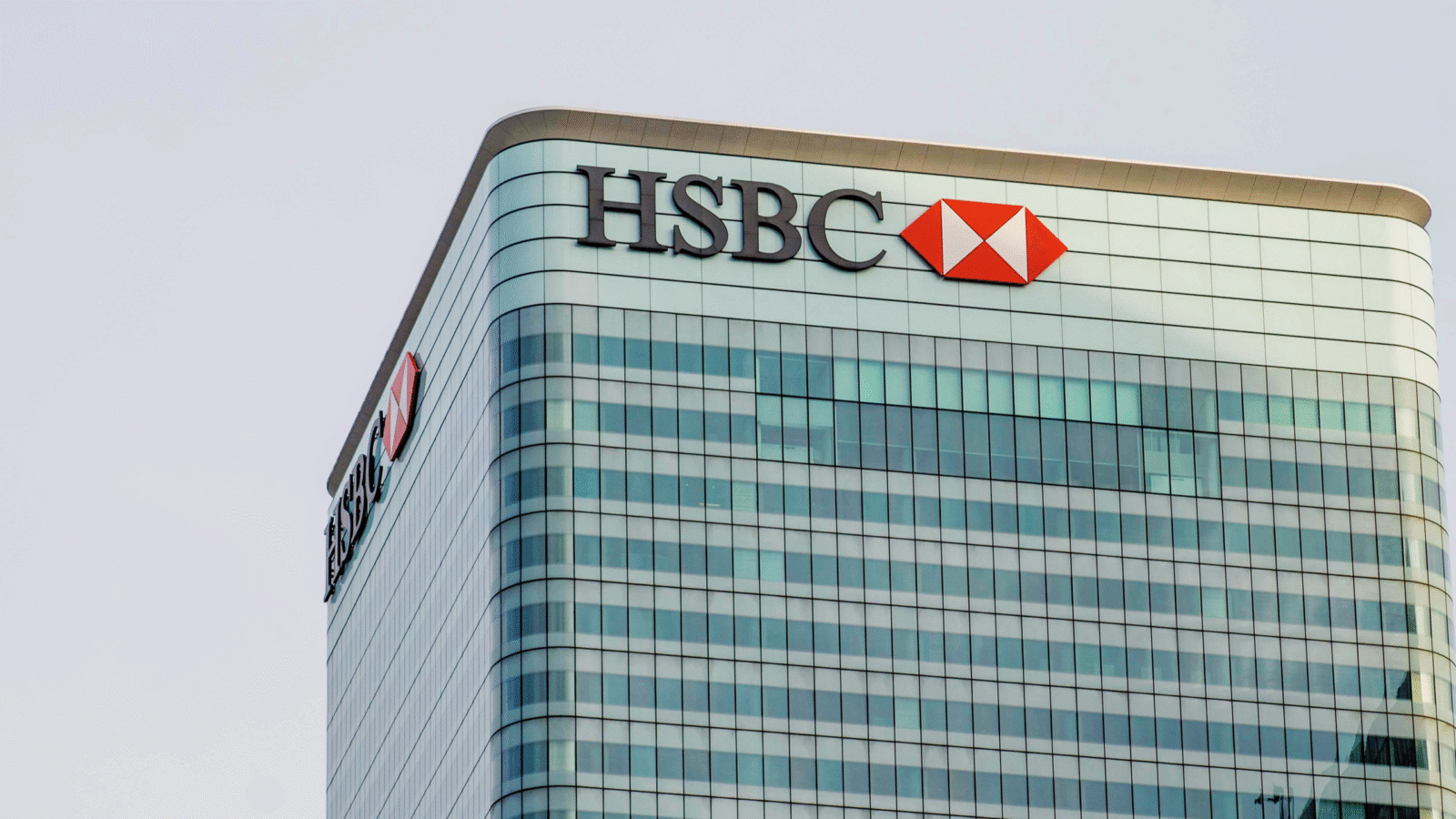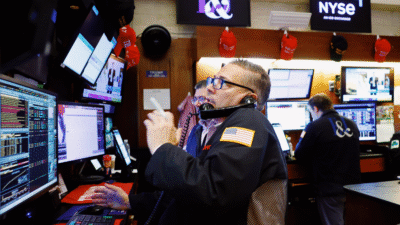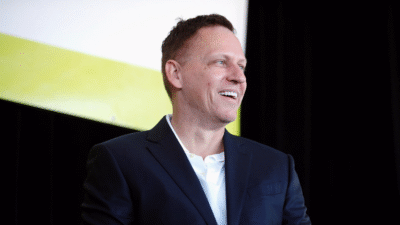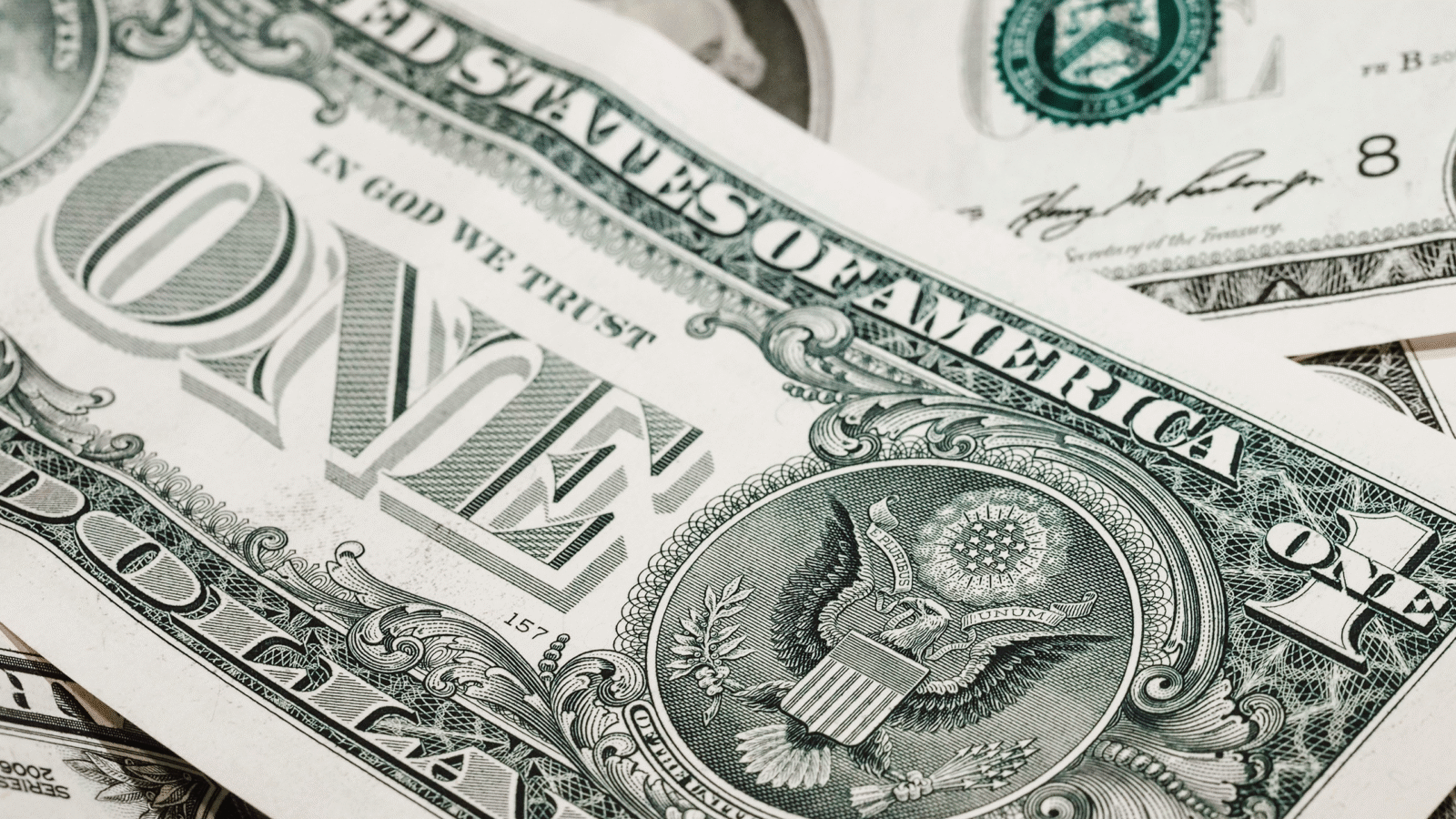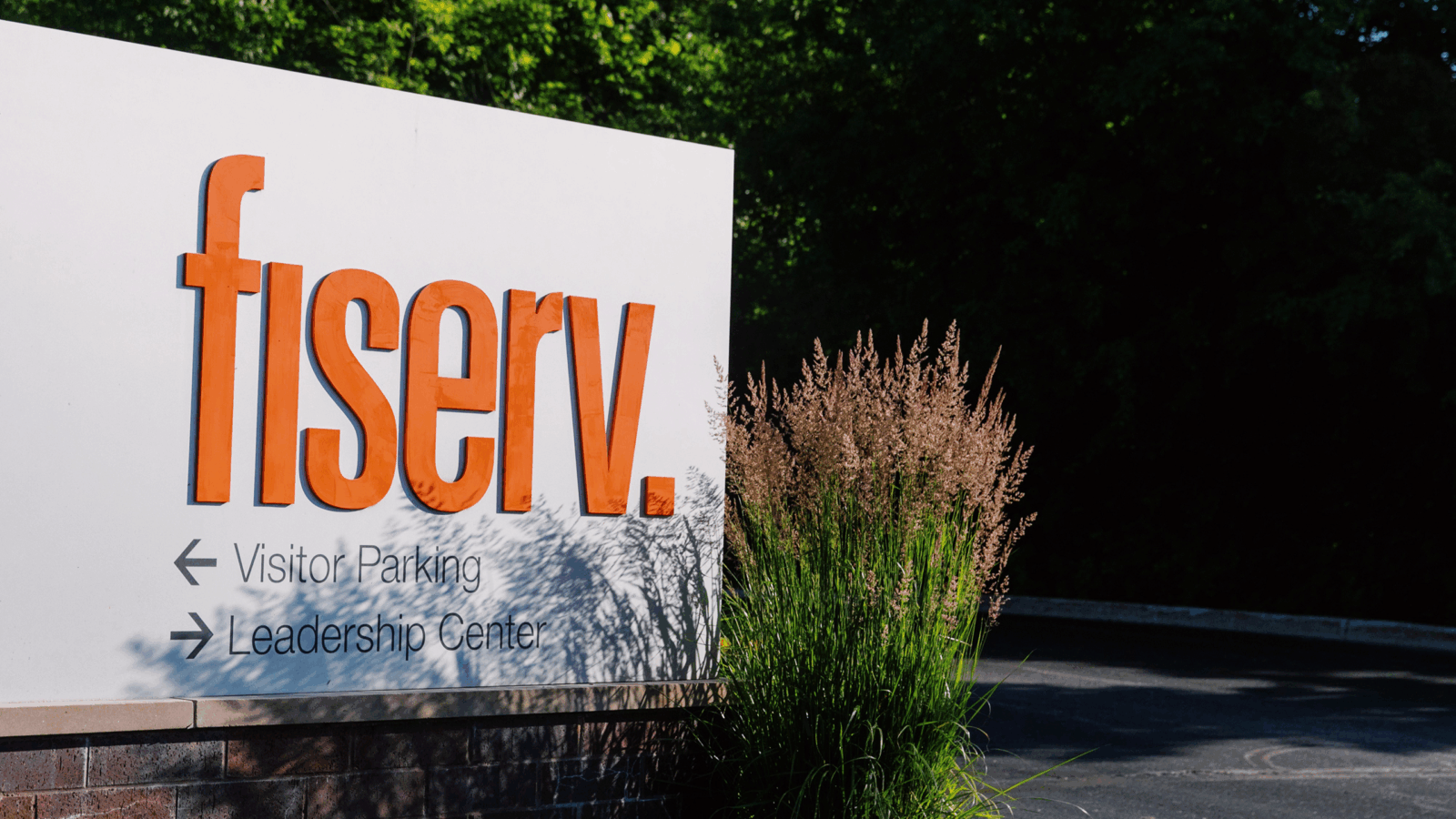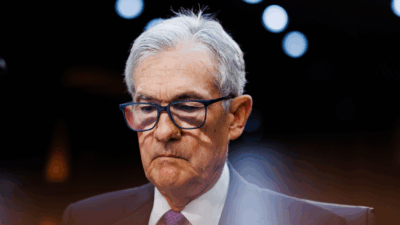Jamie Dimon Sticks to His Cautious Worldview
JPMorgan’s CEO sees a lot of potential in the US economy — and plenty of obstacles to overcome.
Sign up for smart news, insights, and analysis on the biggest financial stories of the day.
“America’s Banker” just penned his annual letter to JPMorgan shareholders. We think of it as Jamie’s State of the Union.
CEO Jamie Dimon touched on a little bit of everything: restructuring of global trade, the transition to a greener economy, war, public versus private markets, and, of course, inflation. One key theme: Don’t hold your breath for rate cuts.
Rate of Change
Dimon’s got a lot on his mind, and to him at least, it’s all connected. While Dimon calls the American economy “resilient,” he laments that it’s being “fueled by large amounts of government deficit spending and past stimulus.” Meanwhile, rising healthcare costs, an overhauled global trade order, military conflict, and a shift to green energy point to economic disruption — and will likely require more government spending. The upshot: “stickier inflation and higher rates than markets expect.”
The constant threat of chaos undermines Dimon’s optimism about the future. While some give the Fed a 70% or 80% chance of successfully engineering a soft landing in which inflation recedes to a 2% goal without tipping the economy into recession, Dimon believes the “odds are a lot lower than that.”
The latest Consumer Price Index report, due Wednesday, will help clarify the state of inflation — but Dimon, and the market writ large, are already starting to price in a new status quo:
- Dimon wrote that JPMorgan is pricing in interest rates as low as 2% and as high as 8%, compared to the current Fed funds rate of around 5.33%. He added the caveat that “small changes in interest rates today may have less impact on inflation in the future than many people believe.”
- Markets are now broadly factoring in two quarter-point cuts in 2024, with around a 50% chance of a third. At the beginning of the year, many expected as many as six or seven cuts.
Private Eye: Among Dimon’s more interesting digressions was the rise of private equity-backed private companies, which now number more than 11,000, up from about 1,900 20 years ago, while the ranks of publicly traded firms have fallen to just 4,300. He blames the trend on myriad factors, especially the intense scrutiny of quarterly earnings results, which he contends can lead to “bad accounting and bad decisions.” Waiting in the wings, he assures, is more government regulation for private players.
Hurricane Season: Doom and gloom have kind of been Jamie’s thing. In 2022, he warned that high interest rates would bring a “hurricane” to the US economy. Scattered showers aside, Dimon’s still waiting. And, unsurprisingly, he assured shareholders that in “many different scenarios, our company would continue to perform at least okay.”
